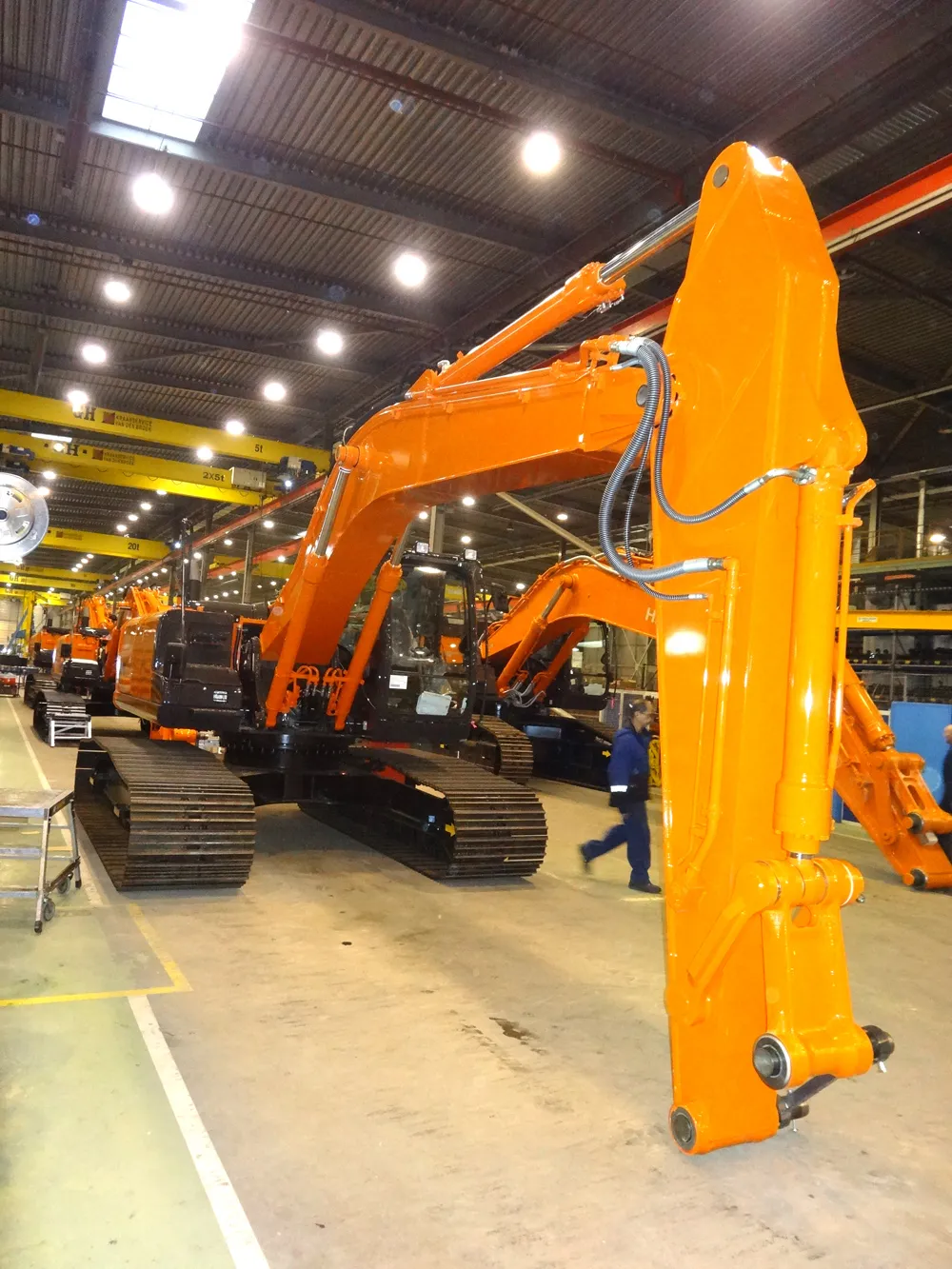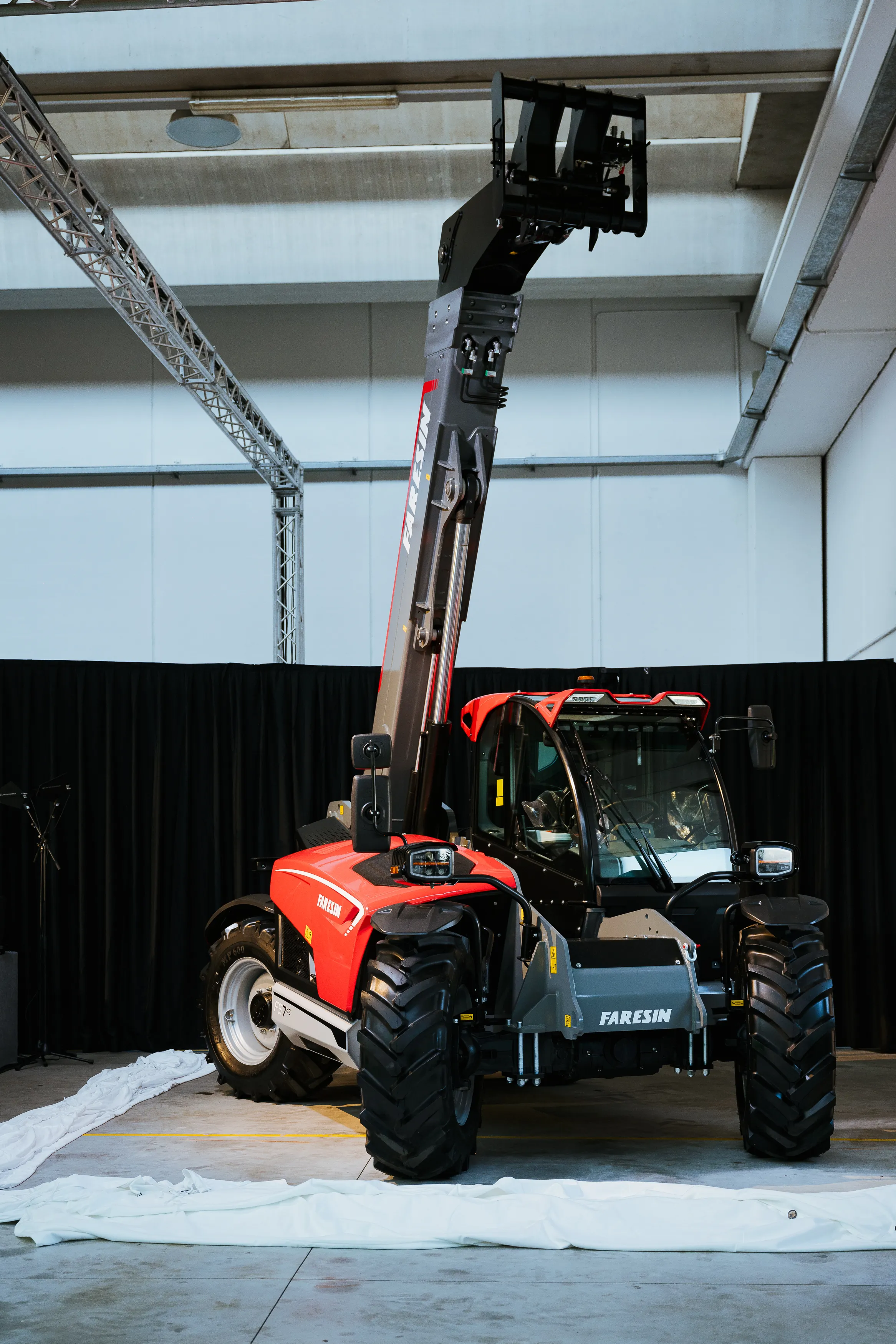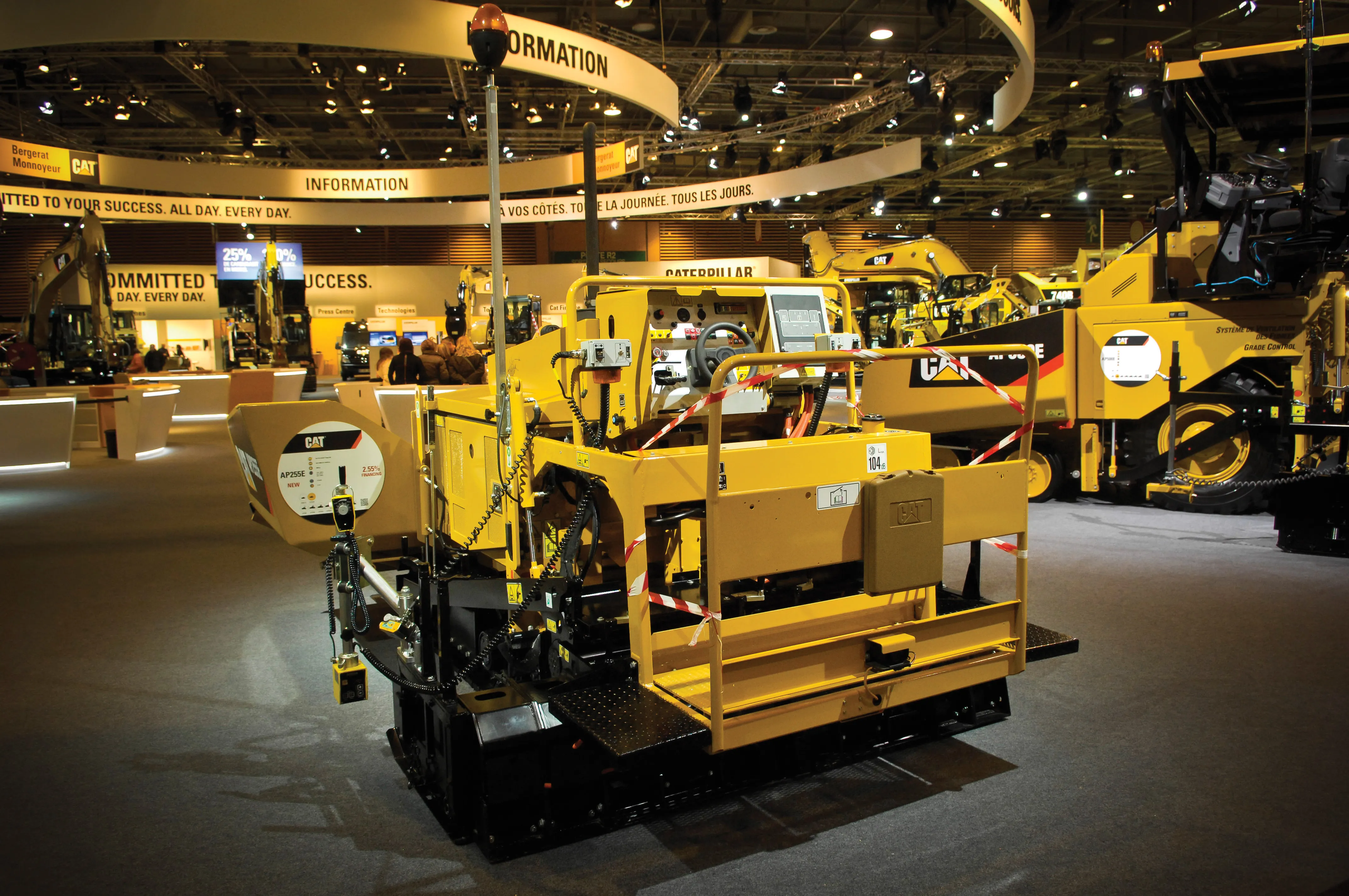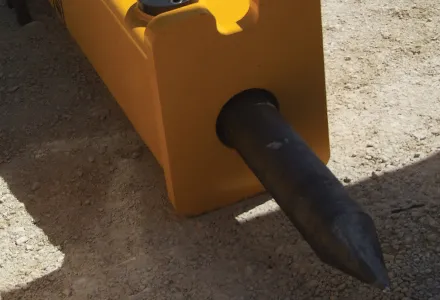Hitachi Construction Machinery (Europe) NV (HCME) intends to reorganise its European manufacturing operations. The firm has two factories in Oosterhout and Amsterdam and is making the change in a bid to boost both efficiency and competitiveness, with this move planned to be complete by April 2018.
The current Oosterhout factory is to focus its entire operation on mini and compact excavators, ranging from 1-8tonnes. Hitachi says that its market share in this segment has risen significantly in recent years
March 14, 2017
Read time: 2 mins

The current Oosterhout factory is to focus its entire operation on mini and compact excavators, ranging from 1-8tonnes. Hitachi says that its market share in this segment has risen significantly in recent years and the move will help to meet growing demand by increasing production by more than 50%.
Hitachi will also set up a new distribution centre, which together with the Oosterhout factory will serve as a hub for the delivery of mini and compact excavators. Customers will benefit from considerably shorter delivery times.
Hitachi has made several investments in the Oosterhout factory in recent years, which have vastly improved its overall efficiency and quality standards.
In line with the restructure, production of the ZX85 excavator will move from the Amsterdam factory to Oosterhout. Assembly of Hitachi’s special application machines (including demolition, super long front and clamshell telescopic arm excavators) will move to the Amsterdam factory from Oosterhout later this year. HCME is confident that there will be no compulsory redundancies and any permanent staff affected by the restructure will be redeployed elsewhere within the company.
HCME Director Production and Procurement, Kazutoshi Yoshioka said, “The main objective of the factory restructure is to increase production efficiency and performance in response to growing demand. This is one of the many steps we are taking as a world-leading construction machinery supplier that continuously strives to meet its customers’ needs. I am confident that our competitive position in the market will be enhanced as a result, so that we can continue to be relied upon as a trusted business partner by our customers.”









